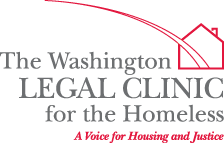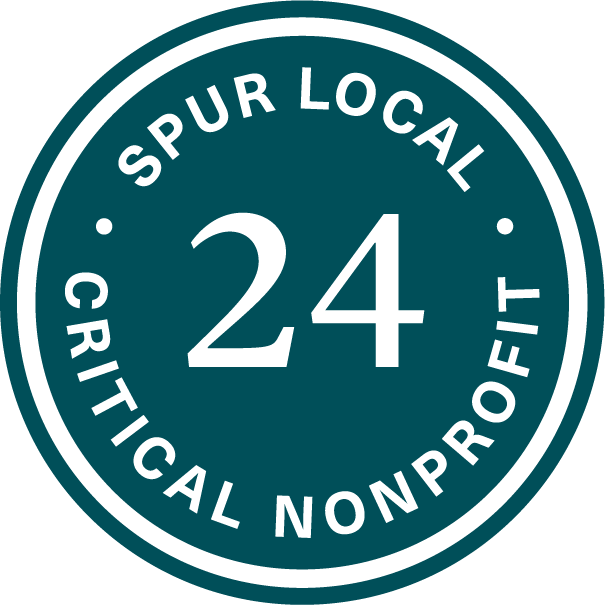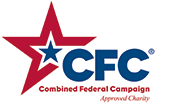“It don’t matter how we dress, where we live, what neighborhood we’re from. Use, use your voice. Use your voice because someone will hear you. That’s all.”
~T.S., Legal Clinic client
Voice by voice, help us build a chorus of community members who will speak out for justice. Advocating together, we will be heard!
 At the Legal Clinic, we believe it is our responsibility to speak out to decision-makers in support of more just policies, programs and budgets. We urge you to join us in these efforts.
At the Legal Clinic, we believe it is our responsibility to speak out to decision-makers in support of more just policies, programs and budgets. We urge you to join us in these efforts.
- Read our Action Alerts.
- Subscribe to our blog or friend us on Facebook to stay in the loop.
Contact a DC Decisionmaker
Local elected and appointed officials need to hear from community members about their priorities and concerns. Don’t be shy; the government works for you! Speak out. Use your voice.
If you have questions or concerns about any of these issues, or have suggestions about issues you’d like to see the Legal Clinic address, please email us at info@legalclinic.org.
- Client Rights
- Criminalization of Homelessness
- Disability Rights
- Family Shelter
- Preservation of Affordable Housing
- Hypothermia
- Subsidized Housing
- Welfare
Join one of our partner coalitions; bringing many and varied voices together turns up the volume!
It is through the budget process that the Mayor and DC Council set priorities for spending the District’s revenues. It is vital that community members weigh in about how these resources will be used.
- DC Fair Budget Coalition (FBC) advocates for budget and public policy initiatives that address poverty and human needs in the District of Columbia.
- DC Fiscal Policy Institute (DCFPI) conducts research and public education on budget and tax issues in the District of Columbia, with a particular emphasis on issues that affect low- and moderate-income residents.
- DCFPI Budget Toolkit Click the “Budget Toolkit” tab during budget season.
- DC Council Budget Click the “Budget” tab on the DC Council website during budget season.
One of the best ways to use your voice is to testify at a DC Council hearing. The Council, through its committees, holds hearings on proposed legislation and budget recommendations, and it holds oversight hearings to see how well the Administration is performing its duties. The Council also holds hearings and public roundtables to explore various issues and policy proposals. The public has the opportunity to participate in these hearings and roundtables as a witness, or watch them in person at the John A. Wilson Building or streamed live or on DC cable.
Many of our colleagues and advocacy partners regularly blog about the policy, program and budget decisions that impact DC residents who are homeless. You can check out their posts at the links below.





